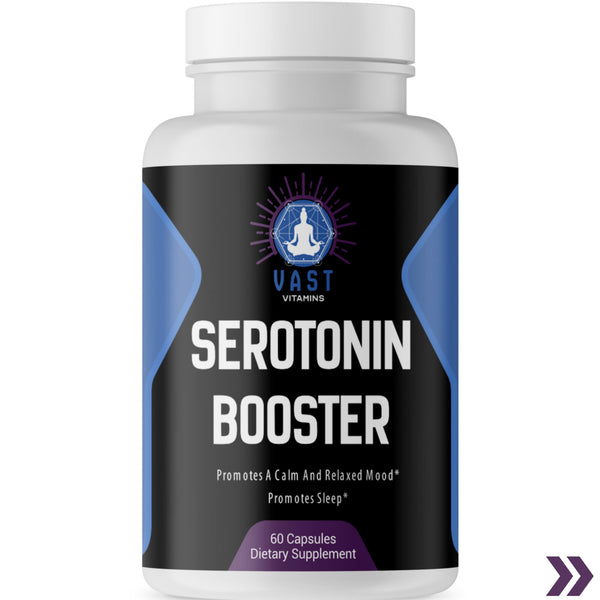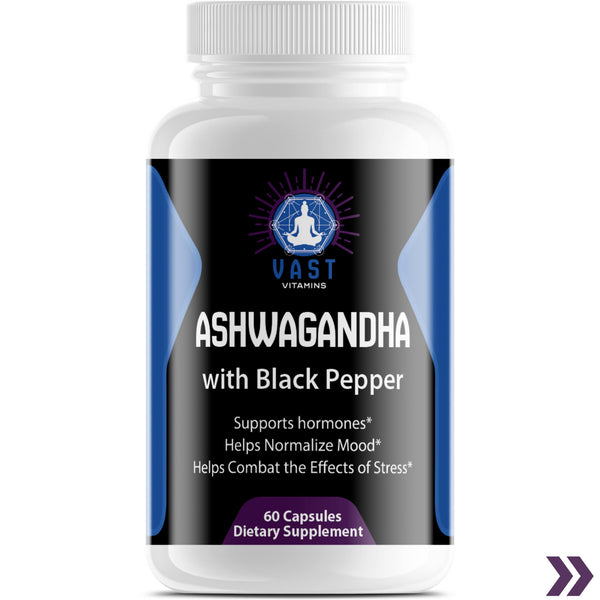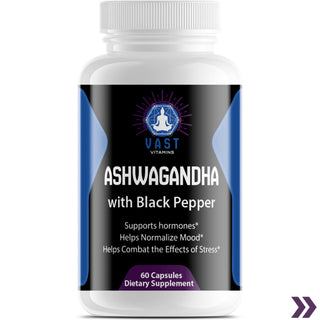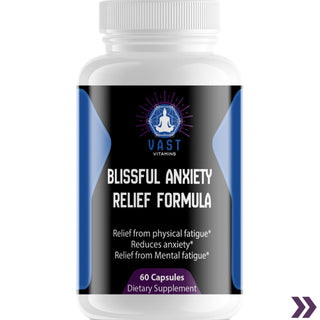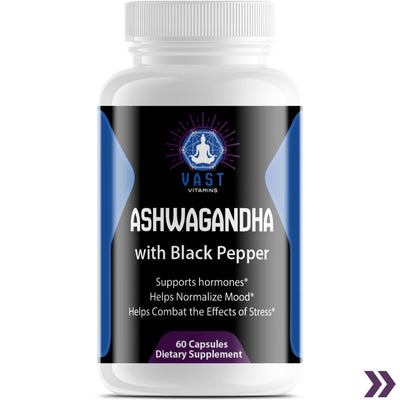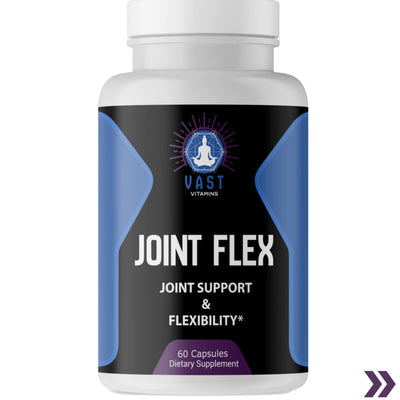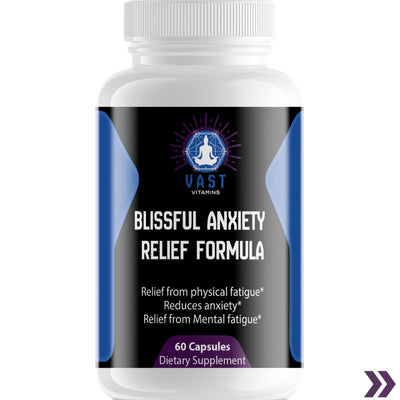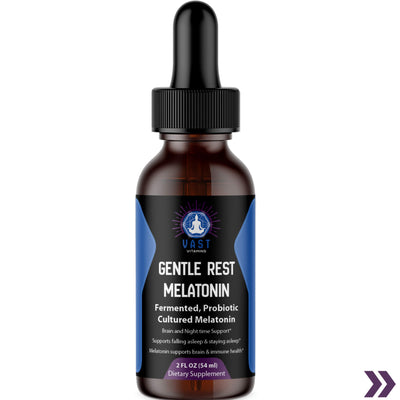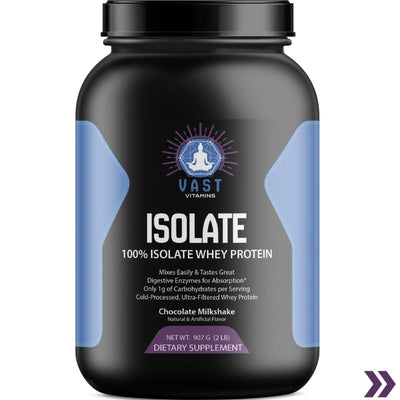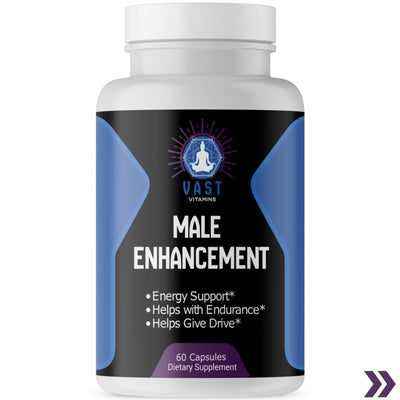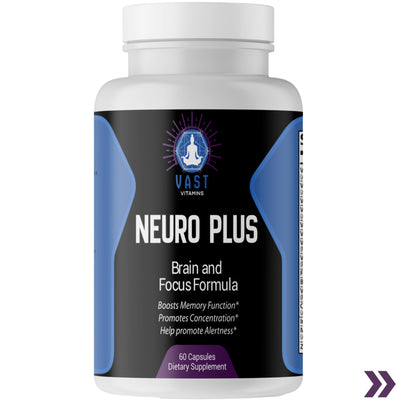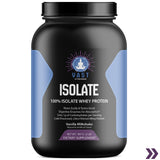Does exercise affect your sleep?
Exercise, or lack thereof, can certainly affect sleep. How, when, and where you exercise could have an impact on sleep quality.
Can exercise improve sleep?
Studies have shown that a good night’s sleep can be improved by simply getting more exercise. However, the type of exercise you do and when you exercise can make a difference in the quality of your sleep.
Generally, I find that exercise in the mid to late afternoon is ideal for many reasons.
Afternoon work exercise.
- It gets you past the sleepy time in the afternoon when taking a nap can result in you not feeling sleepy at bedtime.
- Exercise is better suited for heating up your body's temperature.
- Also, it gets your circulation going and helps you to be more alert.
If you have a healthy diet, exercising after dinner may be good for you, but you should allow your body at least four hours of cool-down time before bed to ensure that you won’t be hot when it's time to go to sleep.
To go to bed more quickly, a person may exercise vigorously before going to sleep. When this occurs, the body temperature is raised, and research has shown that a raised body temperature is not good for getting a good night's sleep.
Exercise is a great way to improve your overall health.
It helps you to maintain
- good circulation,
- muscle tone,
- and overall body health.
These physical benefits also promote a good night's sleep.
Exercise can also help you relax.
A study in 2008 showed that exercising can reduce stress. Lack of stress equals quality sleep.
How Does Exercise Impact Sleep Quality?
While it is true that exercising can have many benefits, it is also true that exercising can make certain groups feel better. For example.
Special Benefits for Pregnant women and Elderly people.
- Pregnant women who participate in regular physical activity are less likely to gain an excessive amount of weight or experience postpartum depression.
- Elderly people who engage in regular physical activity are at lower risk of being injured during a fall.
Moderate-to-vigorous exercise can improve sleep quality for adults by reducing sleep onset and increasing the amount of time spent in bed during the night. This reduces daytime sleepiness and reduces the need for sleeping pills. We have a lot of evidence that physical activity can improve sleep, and I would say it's pretty easy to see why.
The Answer to Sleeping Better and longer.
Moderate to vigorous exercise might improve chances of a person sleeping better by reducing the risk of excessive weight gain. This in turn will make the person less likely to experience symptoms of OSA (obstructive sleep apnea). Roughly 60% of moderate to severe OSA cases have been attributed to obesity.
Numerous surveys have explored sleep and exercise habits among adults. One of the most comprehensive surveys to date was conducted by the National Sleep Foundation in 2003.
2013 Sleep In America Poll On Exercise and Sleep.
The 2013 Sleep in America poll focused on “Exercise and Sleep.” Respondents who exercise for at least 15 minutes a day three or more times a week reported better sleep quality than those who exercise less than once a week. Those who exercise are also more likely to go to sleep at night and stay asleep.
Exercise is beneficial for people in all age groups.
- Another study found that exercise and physical activity have a positive connection with stress reduction.
- Another study found that exercise has a positive connection with sleep. Even for people who don't lose weight, exercise can reduce symptoms of obstructive sleep apnea.
Sleep is an important bodily function that is often impacted by many things.
Is working out harmful before bed?
The debate over whether exercise before bedtime can damage your sleep has been of interest over the last twenty years. According to popular sleep hygiene theory,
- It can cause heart rate to increase and peak alertness.
- Another barrier is that intense exercise can sometimes increase body temperature and adrenaline levels, making it harder to fall asleep and impact sleep quality.
Some studies, however, have shown there is no association between exercising and the quality of sleep.
A survey found that in some situations, exercising at certain times, Like early in the morning, will help people feel well-rested and fall asleep more quickly. While people who exercise at 8 p.m. or later did experience the same amount of deep sleep as people who exercised in the morning.
Other studies have also shown similar results. Subjects who exercise before they go to sleep do not have more slow-wave sleep and rapid eye movement sleep than others who just relax.
However, they did have a higher core temperature which according to researchers, is associated with lower sleep efficiency and more time awake after sleep onset. But is cranking it on an elliptical before bedtime significantly bad for good sleeping? In short, vigorous workouts before bedtime have a negative effect on your ability to sleep.
How Exercise Helps Treat Insomnia?
According to a study, exercise can help those with chronic insomnia fall asleep faster and stay asleep longer. As the population ages, the percentage of people who experience insomnia is increasing. Therefore, it is imperative that we find effective ways to relieve insomnia. A study found that exercise can be as effective as hypnotic drugs in relieving insomnia.
Exercise causes your core body temperature to rise. After you exercise your body cools down, causing your body temperature to drop. This drop in temperature mimics the temperature change that happens before you fall asleep in the evening. This similarity may signal to the brain that you are physically prepared for sleep.
Exercise relieves symptoms of anxiety and depression.
The symptoms include:
- Anxious thoughts
- Worry
- And stress
These all interfere with sleep.
Exercise may realign one's internal body clock.
Some people experience insomnia due to a misaligned internal body clock. This disruption can cause them to naturally feel tired later at night than “normal.” Depending on the time of day you exercise, it can help you reset your internal body clock and help you fall asleep earlier. Exercise may also boost serotonin, which may improve the brain's ability to metabolize serotonin and regulate sleep.
A small study suggests that moderate aerobic exercise increases deep sleep, while vigorous exercise increases light sleep. Deep sleep is the stage when the body rests to replenish and repair itself.

Does Exercise Cause Insomnia?
There are very few situations in which exercise does not benefit one’s health, and exercise-induced insomnia is one of them. However, some people have no trouble falling asleep right after an exercise session, while others experience exercise-induced insomnia if they exercise too close to bed.
For some people, exercising too late in the day can keep them up at night. Specifically, endorphins released during exercise can increase positive mood and energy levels. This can make some people more alert. For this reason, experts recommend avoiding exercise at least two to four hours before bed so that these effects can wear off.
However, the drop in body temperature that occurs after exercising can begin 30 minutes to 90 minutes later. This may be useful for falling asleep.
The best way to track your sleep is to keep a sleep diary.
Record:
- When you exercise
- What type of exercise you did
- And how long you did it.
Then, record
- When you go to bed
- And how long it takes you to fall asleep.
If you are exercising at night, try to exercise in the morning or 2 to 4 hours before going to bed. Any other activities that might affect your sleep and interfere with your results should be avoided.
Are some exercises better than others for insomnia?
For those who are starting to experience acute insomnia, note that only moderate-intensity aerobic exercise, such as walking, has been shown to reduce the symptoms. There is no evidence that vigorous aerobic exercise, such as running or resistance weight lifting, reduces the symptoms of acute insomnia.
Exercise seems to have a positive effect on sleep.
Exercise is more effective when undertaken regularly over a period of four to 24 weeks. The findings of studies indicate that, if you are trying to fall asleep faster, you may be able to do so by exercising for about 30 minutes per day. A daily workout may also help you sleep longer overall. Regular exercise can also help you enjoy better sleep quality over a long period of time.
Lower Sleep anxiety with aerobic exercise.
Regular aerobic exercise can also lower the anxiety associated with insomnia, which can have a significant impact on the inability of people with insomnia and anxiety to fall asleep. For those with anxiety and insomnia, moderate aerobic exercise is often the best treatment.
A period of four to six months is enough time to see the benefits of a regular moderate aerobic exercise routine. The routine improves sleep quality and can also reduce depression symptoms. In addition, exercise reduces the time it takes to fall asleep and improves overall sleep quality. The results are the same regardless of whether the routine is done in the morning or late afternoon.
Exercise can be a powerful tool in relieving insomnia, if you are having trouble sleeping. To obtain the benefits of an exercise regimen, you should consult your physician.
What kind of exercise is best for me?
To boost the effectiveness of your sleep efforts, most experts agree that cardiovascular exercise is the best. A 20-minute-long exercise routine should do the following:
- Get your heart pumping
- Elevate your body temperature
- Circulate fluids throughout the body.
Examples of cardiovascular exercises that you can do at home include:
- Fast walking
- Jogging
- Jumping rope
- Aerobics
- Bike riding
The key is the type of exercise you choose to do. The best choice of exercise for sleep promotion is one that is continuous and vigorous.
Yoga and other meditative stretching exercises can be helpful in releasing tension and taking the edge off before bed. it can relieve tension without raising the body's temperature too much. Stretching periodically throughout the day may be of benefit in keeping muscle tension at bay, making it easier for you to go to sleep.
Conclusion on Lack of Exercise Leading to Poor Sleep Quality.
In conclusion, lack of exercise could lead to poor sleep quality. Exercise has been shown to improve sleep quality, so make sure to get moving if you’re having trouble sleeping. Try going for a walk or jog in the morning or evening, or hit the gym for a good workout. Not only will you get better sleep, but you’ll also be improving your overall health. So get moving and start sleeping better tonight!
Sleep and exercise FAQ.
Exercise and sleep: What are the benefits?
There are many benefits to exercise and sleep. Exercise can help you lose weight, tone your body, and improve your overall health. Sleep can help you feel more rested, improve your mood, and help you stay healthy.
What are the Physical Activity Guidelines for Americans?
The Physical Activity Guidelines for Americans recommend that all adults get at least 2.5 hours of moderate-intensity aerobic activity each week and muscle-strengthening activities on 2 or more days per week.
Are there supplements that can help me sleep?
The short answer is yes. Magnesium Glycinate, 5-HTP, and Ashwagandha with Black Pepper are all great for relaxing the body and making it easier to sleep. There are also sleep gummies that contain Melatonin.
What Are The Effects Of Exercise Before Bed?
There are a few potential benefits of exercising before bed:
1) It can help you fall asleep more quickly and sleep more soundly.
2) It can improve your mood and help you relax.
3) It can help you burn off some energy and reduce stress.
4) It can improve your overall physical health.
What are the effects of sleep disorders?
There are a variety of sleep disorders, and each can have different effects on the person suffering from it. Some common sleep disorders include insomnia, narcolepsy, and sleep apnea.
Insomnia can cause fatigue, irritability, and problems with focus and concentration. Narcolepsy can cause excessive daytime sleepiness, while sleep apnea can lead to snoring, restless sleep, and problems with breathing.
What are the benefits of exercise?
There are many benefits of exercise. Exercise can help you lose weight, maintain a healthy weight, improve your mood, reduce your risk of heart disease and other chronic diseases, improve your sleep quality, and increase your lifespan.
How does sleep affect physical activity?
Sleep deprivation can have a significant impact on physical activity. It can make it difficult to get motivated to exercise and can also lead to poor performance. Additionally, lack of sleep can increase the risk of injuries.
How Can Exercise Help Insomnia?
Specifically, moderate aerobic exercise increases the amount of time you spend in deep sleep.
What are the benefits of exercise for stress and anxiety?
Exercise relieves symptoms of anxiety and depression.
What Can You Do About Insomnia?
Studies have shown that in as little as four weeks, individuals with chronic insomnia who begin regular exercise can fall asleep up to 13 minutes faster and stay asleep 18 minutes longer.
Can exercise cause insomnia?
In short No. Some people experience exercise-induced insomnia if they exercise too close to bedtime, while others have no trouble falling asleep right afterward.
What exercise routines can help sleep?
While the options for exercise routines and movements are numerous, note that only moderate-intensity aerobic exercise, like walking, has been shown to relieve insomnia.
What can exercise do for you?
Just a single 30-minute exercise session can reduce the time it takes you to fall asleep, and help you sleep longer overall.
What Can You Do?
If you are having trouble sleeping, consult your doctor about an appropriate exercise regimen to help you enjoy better sleep and wellbeing.























